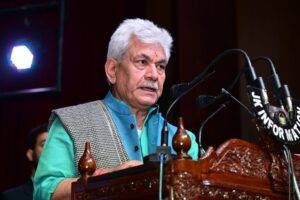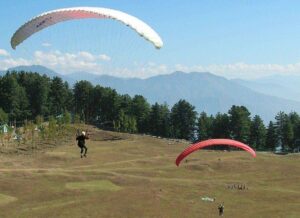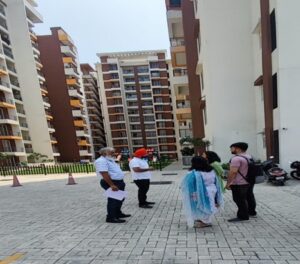Last Updated on February 19, 2021 at 9:24 pm
The Delimitation Commission held its first meeting on Jammu and Kashmir on Thursday. However, three of the total five ‘associate members’ of UT were deliberately missing from the meeting.
The five associate members are National Conference MPs Farooq Abdullah, Mohammad Akbar Lone and Hasnain Masoodi, all from the Kashmir. Other two members are Union Minister of State in the Prime Minister’s Office Dr Jitendra Singh and Jugal Kishore Sharma of the BJP from the Jammu division. All three associate members of the NC decided not to attend the meeting.
It is said that the commission has used 2011 Census data for delimiting constituencies in Jammu and Kashmir. Sources said that the two BJP leaders told the commission that it should consider both population and geography as a matrix for determining the constituencies in J&K.
Jammu and Kashmir Reorganisation Act states that the number of seats in the union territory’s assembly will be increased from 107 to 114. Out of these 114 seats, 24 seats are in Pakistan-occupied Kashmir. Hence, effectively, the number of assembly seats which will be contested will go up from 83 to 90.
In March 2020, the Centre had constituted the Delimitation Commission to redraw the constituencies in J&K and some states in the Northeast region. Politicians in the valley have apprehensions that more seats would be given to the Jammu region. It will ultimately decide who will rule J&K when elections are conducted.
Three NC MPs wrote a letter to Delimitation Commission chairperson Justice (Retd) Ranjan Prakash Desai, saying that the Jammu and Kashmir Reorganisation Act of 2019 was “palpably unconstitutional”.
Sources said that the commission will again try to call all the associate members for a meeting. If members don’t attend the meeting and share their problems, much can’t be done about that. Before forming the conclusion, the commission will try to accommodate all the suggestions.



